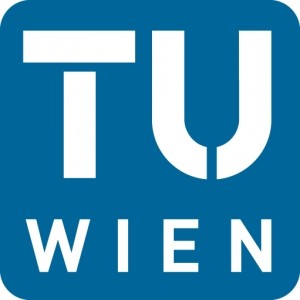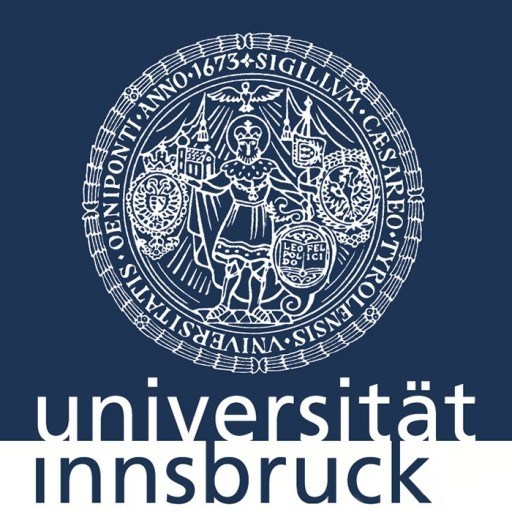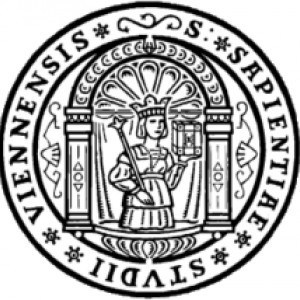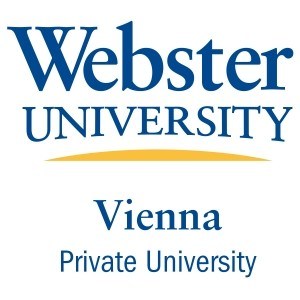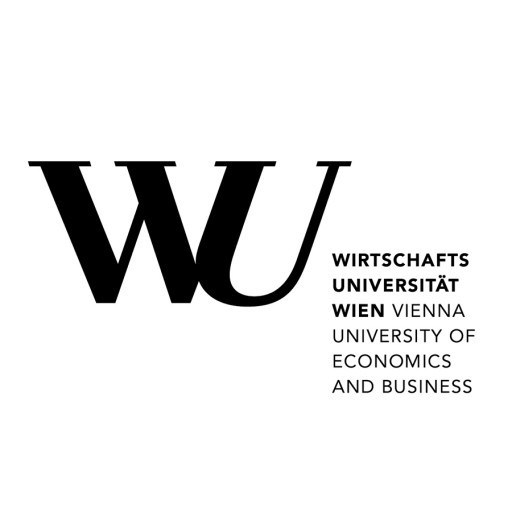Photos of university
The Bachelor's Degree Programme in Biomedical Engineering at the Vienna University of Technology is a comprehensive and interdisciplinary study course designed to prepare students for the rapidly evolving field of biomedical technology. This programme integrates principles from engineering, biology, medicine, and technology to equip graduates with the knowledge and skills necessary to develop innovative medical devices, diagnostic tools, and therapeutic solutions. Throughout their studies, students engage in a balanced curriculum that covers essential topics such as biomechanics, medical imaging, biomaterials, signal processing, and electronics, alongside foundational engineering and natural sciences.
The programme emphasizes practical skills and hands-on experience through laboratory work, project-based learning, and collaborations with leading healthcare institutions and industry partners. Students learn to analyze complex biological systems and design engineering solutions tailored to clinical needs, ensuring that research outcomes translate into real-world applications that improve patient care. The curriculum also fosters competencies in data analysis, programming, and system integration, which are critical in today's digital health landscape.
Students benefit from Vienna University's state-of-the-art laboratories and research centers, enabling close engagement with current technological advancements and clinical challenges. The programme also encourages active participation in research projects, internships, and seminars conducted by renowned experts in biomedical engineering and related fields. Graduates of this programme are well-prepared to enter diverse career paths, including medical device development, hospital technology management, healthcare consulting, and further academic research or postgraduate studies.
The interdisciplinary approach of the Biomedical Engineering programme aims to cultivate innovative problem-solvers equipped to contribute to advancements in personalized medicine, digital health, and regenerative therapies. By combining technical expertise with an understanding of clinical environments, students develop the ability to design and implement solutions that directly impact patient health and well-being. Graduates receive a recognized academic qualification that opens doors to exciting opportunities in both academia and industry, fostering the development of new technologies that address pressing global healthcare challenges.
- Basics of Biology
- Basics of Physiology
- Biomaterials & Biomechanics
- Biomedical Signals & Instrumentation
- Biochemistry
- Biomedical Signal Processing
- Biomaterials and Tissue Engineering
- Cell Biology
- Basics of Biomaterials & Biomechanics
- Advances in Biomaterials & Biomechanics
- Project Biomedical Engineering
- Basics of Biomedical Signals & Instrumentation
- Advances in Biomedical Signals & Instrumentation
- Project Biomedical Engineering
- Basics of Mathematical & Computational Biology
- Advances in Mathematical & Computational Biology
- Project Biomedical Engineering
- Basics of Medical Physics & Imaging
- Advances in Medical Physics & Imaging
Requirements
- A degree from one of the following accredited national or international degree-granting programs (Bachelor, Master or Diploma): architecture, civil engineering, mechanical engineering, media computer science, software & information engineering, technical computer science or any other subject related field (if the field is subject related or not is decided by the dean of studies).
- Special entrance qualification for university (just if you are not a member of an EU/EWR country).
- CV including relevant work experience (max. 3 A4 pages)
- Statement of intent (max. 2 A4 pages)
- Proficiency in English language. (CAE - minimum score 45, FCE – minimum grade C, IELTS Academic– minimum score 6.5, TOEFL iBT – minimum score 87)
- Proof of academic aptitude through recognized exams (preferred GRE)
Financing of the Biomedical Engineering program at Vienna University of Technology is primarily based on a combination of public funding, student contributions, and additional financial support options. As an Austrian public university, Vienna University of Technology benefits from government funding allocated by the Austrian Ministry of Education, Science and Research, which significantly subsidizes the costs of delivering the program. This funding ensures that tuition fees remain relatively moderate for both domestic and international students, fostering accessible higher education opportunities within Austria.
Austrian nationality students typically pay a nominal semester fee, which covers administrative costs and student union contributions, while international students may be required to pay higher tuition fees based on national regulations. For students from countries outside the European Union, tuition fees can vary annually and are designed to reflect the costs associated with providing high-quality education and research activities. These fees are communicated annually by the university's admissions office and are subject to adjustment based on institutional funding policies and economic factors.
In addition to the basic funding provided by the university and government, there are numerous financial support mechanisms available to students enrolled in the Biomedical Engineering program. Students can apply for scholarships and grants offered both by the university and external funding bodies. The Vienna University of Technology offers merit-based scholarships for outstanding students, needs-based grants for those demonstrating financial hardship, and mobility grants to support international exchange activities related to the program.
Students are also encouraged to seek part-time employment opportunities, either on-campus or in nearby industrial and research institutions, to supplement their income and gain practical experience relevant to their field of study. The university's Career Center provides guidance and resources to assist students in finding suitable employment.
Additionally, many students access European and Austrian student loan programs designed to provide financial assistance during their studies. These loans often have favorable repayment terms and are aimed at supporting students through tuition payments and living expenses. The university's dedicated financial aid office offers counseling to help students identify the most appropriate funding sources and navigate application procedures.
In summary, financing of the Biomedical Engineering program is a multifaceted structure involving government subsidies, student contributions, scholarships, grants, employment opportunities, and loan programs. This comprehensive approach aims to reduce financial barriers for students and ensure that talented individuals from diverse backgrounds can pursue their studies at Vienna University of Technology without undue hardship.
The Master's degree programme in Biomedical Engineering at Vienna University of Technology is a comprehensive, interdisciplinary program designed to prepare students for the rapidly evolving field of healthcare technology and medical device development. This programme combines principles of engineering, biology, and medicine to foster the development of innovative solutions aimed at improving healthcare outcomes. The curriculum covers a broad spectrum of topics including biomechanics, medical imaging, biomaterials, diagnostics, regenerative medicine, and health informatics. Students are provided with rigorous training in both theoretical foundations and practical skills through laboratory work, project-based learning, and collaborations with industry partners and healthcare institutions.
The programme emphasizes research and development, encouraging students to engage in cutting-edge projects that address real-world medical challenges. An important component of the course is its focus on translating medical research into practical applications, such as medical devices, software, and treatment methods. Graduates of this programme will be equipped with the necessary expertise to work in fields such as medical device manufacturing, healthcare IT, biomedical research, and clinical engineering. The programme offers specializations or elective modules that allow students to tailor their studies toward areas like diagnostics, medical robotics, and tissue engineering.
Students benefit from the university’s extensive network of research centers and partnerships with hospitals, companies, and research institutions, which offer internships and collaborative projects. The programme also promotes the development of soft skills, including project management, communication, and ethical considerations in biomedical engineering. The degree is suitable for students with a background in engineering, biology, medicine, or related sciences who seek to contribute to medical innovations and improve patient care through technological advancements.
Graduates are prepared for both professional careers and further academic pursuits, including doctoral studies. The program typically spans 2 years and is conducted in English. It combines coursework, laboratory activities, research projects, and thesis work to ensure a well-rounded educational experience. The Vienna University of Technology’s Biomedical Engineering programme is recognized for its high academic standards and its focus on applying engineering principles to solve complex medical problems, making it a valuable choice for students interested in the intersection of healthcare and technology.
